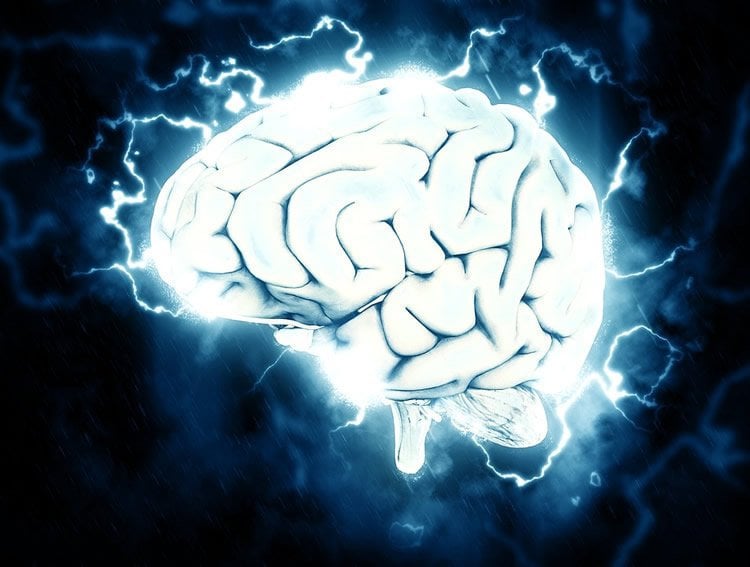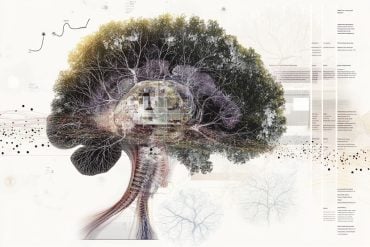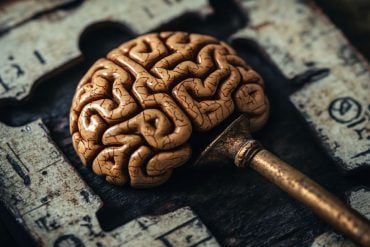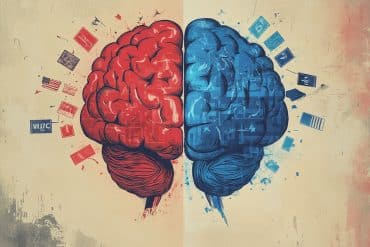Summary: Stimulating specific regions of the brain can help to improve memory and word recall in those with severe epilepsy, a new Nature Communications study reports.
Source: Alzheimer’s Research UK.
Researchers have found that electrically stimulating regions of the brain can improve the ability of people’s memory. Their findings were reported in the scientific publication Nature Communications.
Dr David Reynolds, Chief Scientific Officer at Alzheimer’s Research UK, said:
“While dementia involves a range of complex symptoms, memory problems are among the most common and can have a devastating impact on many people’s lives. Brain function depends on electrical as well as chemical signals, and as technology advances, research is beginning to investigate whether direct electrical stimulation of certain areas brain could help improve aspects of memory and thinking.
“In this small study, brain stimulation allowed people with severe epilepsy to better remember and recall lists of words, however none of the participants had dementia. As this research looks at how well the device works in people with epilepsy, it stimulates a different part of the brain than would typically be targeted in people with Alzheimer’s disease. Although it’s promising to see tests of this innovative device, which can detect and be trained to recognise areas of brain that may benefit from further stimulation, we cannot yet say whether it will benefit people living with dementia.

“Ways to improve memory and thinking skills is a key goal in dementia research, but it has now been over 15 years since researchers developed a new drug that is able to do this. It is crucial that we see continued investment in dementia research so that scientists are able to evaluate and realise the clinical potential of interesting new findings like this.”
Source: Alzheimer’s Research UK
Publisher: Organized by NeuroscienceNews.com.
Image Source: NeuroscienceNews.com image is in the public domain.
Original Research: Open access research in Nature Communications
doi:10.1038/s41467-017-02753-0
[cbtabs][cbtab title=”MLA”]Alzheimer’s Research UK “Brain Stimulation Improves Word Recall in Severe Epilepsy.” NeuroscienceNews. NeuroscienceNews, 10 February 2018.
<https://neurosciencenews.com/epilepsy-brain-stimulation-words-8472/>.[/cbtab][cbtab title=”APA”]Alzheimer’s Research UK (2018, February 10). Brain Stimulation Improves Word Recall in Severe Epilepsy. NeuroscienceNews. Retrieved February 10, 2018 from https://neurosciencenews.com/epilepsy-brain-stimulation-words-8472/[/cbtab][cbtab title=”Chicago”]Alzheimer’s Research UK “Brain Stimulation Improves Word Recall in Severe Epilepsy.” https://neurosciencenews.com/epilepsy-brain-stimulation-words-8472/ (accessed February 10, 2018).[/cbtab][/cbtabs]
Abstract
Closed-loop stimulation of temporal cortex rescues functional networks and improves memory
Memory failures are frustrating and often the result of ineffective encoding. One approach to improving memory outcomes is through direct modulation of brain activity with electrical stimulation. Previous efforts, however, have reported inconsistent effects when using open-loop stimulation and often target the hippocampus and medial temporal lobes. Here we use a closed-loop system to monitor and decode neural activity from direct brain recordings in humans. We apply targeted stimulation to lateral temporal cortex and report that this stimulation rescues periods of poor memory encoding. This system also improves later recall, revealing that the lateral temporal cortex is a reliable target for memory enhancement. Taken together, our results suggest that such systems may provide a therapeutic approach for treating memory dysfunction.






